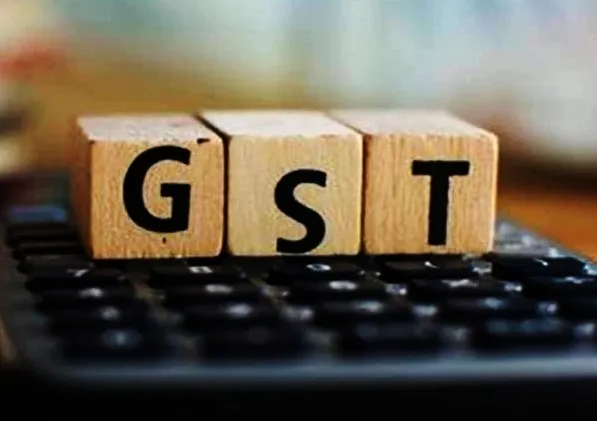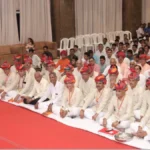Congress General Secretary Jairam Ramesh said on Saturday that eight opposition-ruled states have supported the proposal to reduce the Goods and Services Tax (GST) rates and the number of slabs, but they also have some demands.
The central government has proposed a two-tier tax structure for GST with rates of 5 percent and 18 percent. In addition, a 40 percent rate has been proposed for some selected demerit and luxury goods.
Ramesh posted on X, “Eight opposition-ruled states (Karnataka, Kerala, Punjab, Himachal Pradesh, Telangana, West Bengal, Tamil Nadu, Jharkhand) have largely supported the proposal to reduce GST rates for mass consumption goods and decrease the number of GST slabs. However, they have also placed some important demands alongside this.”
The Congress leader said one of the demands of the opposition-ruled states is to create a system that ensures the benefits of rate reductions reach consumers.
He said, “Compensation should be provided to all states for several years, with 2024/25 considered as the base year, because rate reductions are certain to adversely affect states’ revenue income.”
According to Ramesh, the opposition-ruled states demand that additional cesses above the proposed 40 percent be imposed on ‘sin goods’ and luxury items, and the entire revenue generated from them should be transferred to the states. Currently, the central government receives about 17-18 percent of its total revenue from various cesses, which are not shared with the states.
He said, “These demands are considered entirely justified and are also supported by research papers recently published by the National Institute of Public Finance and Policy under the Union Finance Ministry.”
Karnataka
Karnataka is a state in southern India with a rich history dating back millennia, home to powerful empires like the Vijayanagara. It is renowned for its diverse heritage sites, including the ancient ruins of Hampi and the magnificent Hoysala temples. The state is also a major modern hub for technology and traditional arts.
Kerala
Kerala is a state on India’s tropical Malabar Coast, historically known for its spice trade and as a key point on ancient maritime routes. It is renowned for its unique cultural traditions, such as Kathakali dance, and its distinctive network of backwaters.
Punjab
Punjab is a historical region in South Asia, now split between India and Pakistan, known as the heartland of Sikhism. It was home to the ancient Indus Valley Civilization and later became the center of the Sikh Empire in the early 19th century. The region is famed for its fertile land, vibrant culture, and significant religious sites, including the Golden Temple in Amritsar.
Himachal Pradesh
Himachal Pradesh is a mountainous state in northern India, nestled in the western Himalayas. Historically, it was comprised of several small princely states that were consolidated into a union territory after India’s independence in 1948, before becoming a full-fledged state in 1971. It is renowned for its scenic hill stations, ancient Hindu temples, and vibrant Tibetan Buddhist monasteries.
Telangana
Telangana is a state in southeastern India, formed in 2014 after a long movement for separation from the state of Andhra Pradesh. Its history is deeply rooted in the powerful Golconda Sultanate, a major center for diamond trade, and it is home to iconic monuments like the Charminar in its capital city of Hyderabad.
West Bengal
West Bengal is a state in eastern India with a rich cultural and historical heritage, having been a significant center of art, literature, and political thought. It was historically part of the Bengal region and later became a prominent province of British India, with its capital, Kolkata, serving as the capital of the British Raj until 1911. The state is renowned for its contributions to the Indian Renaissance and its vibrant traditions in music, cinema, and festivals like Durga Puja.
Tamil Nadu
Tamil Nadu is a state in southern India with a rich cultural history dating back over two millennia, renowned as the heartland of the Dravidian civilization. It is famed for its magnificent Hindu temples, such as the Meenakshi Amman Temple in Madurai, which showcase the distinct Dravidian architecture. The region has a long history of powerful dynasties, including the Cholas, Pandyas, and Pallavas, who left a lasting legacy in art, literature, and culture.
Jharkhand
Jharkhand is a state in eastern India, established on November 15, 2000, after being carved out of the southern part of Bihar. The region has a long history as the ancestral homeland of numerous Adivasi (indigenous) groups, such as the Santhal, Munda, and Oraon. It is renowned for its rich mineral resources, dense forests, and vibrant tribal culture and festivals.






